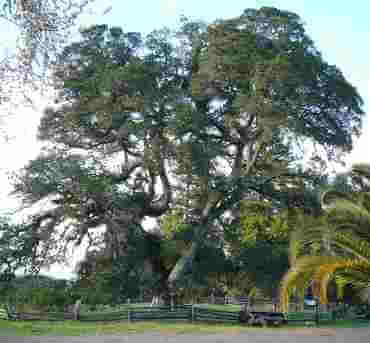14
Nad vaarusid tänavail nagu pimedad, verega roojastatud, nõnda et nende riideid ei võinud puudutada.
14
Nad vaarusid tänavail nagu pimedad, verega roojastatud, nõnda et nende riideid ei võinud puudutada.

In general, trees represent the deepest and most significant intellectual concepts: the ones that come to us most directly from the Lord. This varies depending on us and our states: the people of the Most Ancient Church, who were in a state of loving the Lord, understood truth automatically and internally through what the Writings call "perception"; people in lower states (including most of us) have to work a little harder to learn it from the Word and by willing to follow the Lord. In other parts of the Bible, especially in the prophets and New Testament parables, the meaning of "tree" is broader, meaning not just a person's intellectual concepts but the whole person.
'Trees,' as in Joel 1:10-12, signify knowledges.
2864. 'Uz her firstborn, and Buz his brother, and Kemuel the father of Aram; and Kesed, and Hazo, and Pildash, and Jidlaph, and Bethuel' means various religions and the forms of worship derived from these. This becomes clear from the fact that names, as has been stated, mean real things. The things meant by these names are various religions and forms of worship derived from these, as also with the names in Genesis 5, 11. What each name and each son means here however cannot be expressed so easily as no more than their names is given. Uz and Buz are also mentioned in Jeremiah 25:20, 23, though among several other names. Uz, who receives further mention in Lamentations 4:21; Job 1:1, is dealt with at Genesis 10:23, in 1233, 1234.